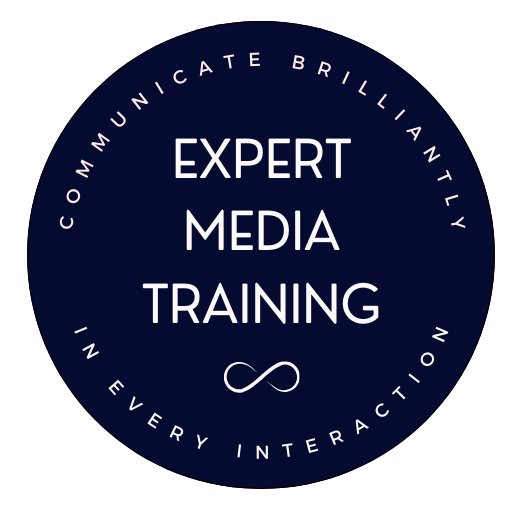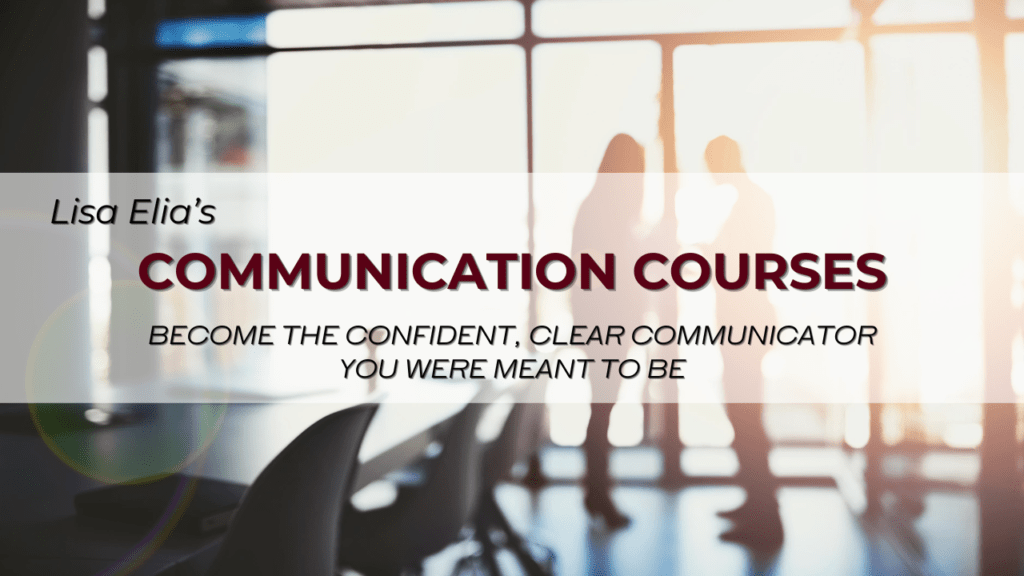Why I Became a Media Trainer after Years as a Publicist
One of the reasons I began media training my clients when I was a publicist is that after sending clients through media training with other trainers, there were some things missing:
Most of the trainers I encountered were former journalists who were good at what they did overall, but most did not understand that many people who face media interviews did not choose the spotlight. Even many actors and music artists, who people might assume love the spotlight, do not necessarily love interviews with the media. Many people who appear to be confident in most situations can become nervous before or during interviews. NOT addressing potential nervousness and providing clients with specific techniques can leave a gap in their training.
I found myself taking clients through preparation techniques that I had learned years ago when I was refining my own skills as a public speaker, studying at Uta Hagen’s reputable HB Studios in New York, and with other internationally acclaimed speech and movement teachers in New York and Philadelphia.
The second reason that I became a media trainer is that I was able to incorporate more business strategy into client’s training sessions than I had witnessed from other trainers.
 Media interviews provide a unique opportunity to reach thousands or millions of people through a trusted medium. There are often layers of strategy and preparation that affect other aspects of a client’s career or company that should be considered when planning a media training session, in order to make the most of every media interview opportunity.
Media interviews provide a unique opportunity to reach thousands or millions of people through a trusted medium. There are often layers of strategy and preparation that affect other aspects of a client’s career or company that should be considered when planning a media training session, in order to make the most of every media interview opportunity.
Because I had spent years as a public relations professional, working with executives to create growth and distribution strategies and strategic alliances, I knew how important it was to train clients to think about their responses and behavior in media interviews within the context of their bigger goals.
As I began receiving media training requests from colleagues and friends of my clients, I knew the questions to ask in our preparation session to make the most of our media training sessions.
The quality of your media training can affect your brand and your bottom line.
As I began receiving requests to media train people who were not my public relations clients, I created methods and techniques to work with a wide variety of clients. I found that my formal education in communication (not broadcasting, but actual human communication) added great value to my training sessions.
Another reason I became a media trainer is that I saw that a few adjustments to a client’s communication behaviors could yield great benefits in many areas of their professional lives.
Sometimes small shifts in a client’s nonverbal behavior or communication style can make a significant difference in his or her effectiveness in every interview, speech, or conversation. One of the easiest and most natural situations in which to recommend such shifts is a media training or presentation training session.
By drawing upon my formal training in communication (not broadcasting, but verbal and nonverbal communication), I could provide feedback that went a bit deeper than what I had been seeing.
An additional reason I became a media trainer is that I have a broader perspective about what members of the media want than many media trainers who base their opinions only on the organizations where they worked as journalists.
The insights that I had gained from my decades of experience working with a wide array of top TV and radio bookers and journalists, to set up interviews and to shape show segments, have provided me with a breadth of knowledge about what will work best in a wide variety of media situations.
I have also interviewed numerous members of the media about what they like, do not like, and look for, in guests they interview. The outlets these media pros represent include The Associated Press, Clear Channel Radio, The Oprah Winfrey Show, The Los Angeles Times, SELF, Fitness, Natural Health, E! Entertainment, and many other top outlets.

One reason my media training practice continues to grow is that I have many very satisfied clients.
If you want to find out if my media training services are a good fit for you, set up a free consultation call.
Call our office at 310-479-0217 or email us at team@expertmediatraining.com
Here are links to articles with media training tips:
For a Media Interview Checklist to keep on hand, click here.
To read my Top 5 Mistakes to Avoid in Media Interviews, click here.
To read How to Create an Online Press Room That the Media Will Love, click here.
For Media Training Tips on The Language of Your Brand in Media Interviews, click here.
Prepare for TV Interviews BEFORE You Book One. Click here.
If you would like to reach our office, call 310-479-0217.



